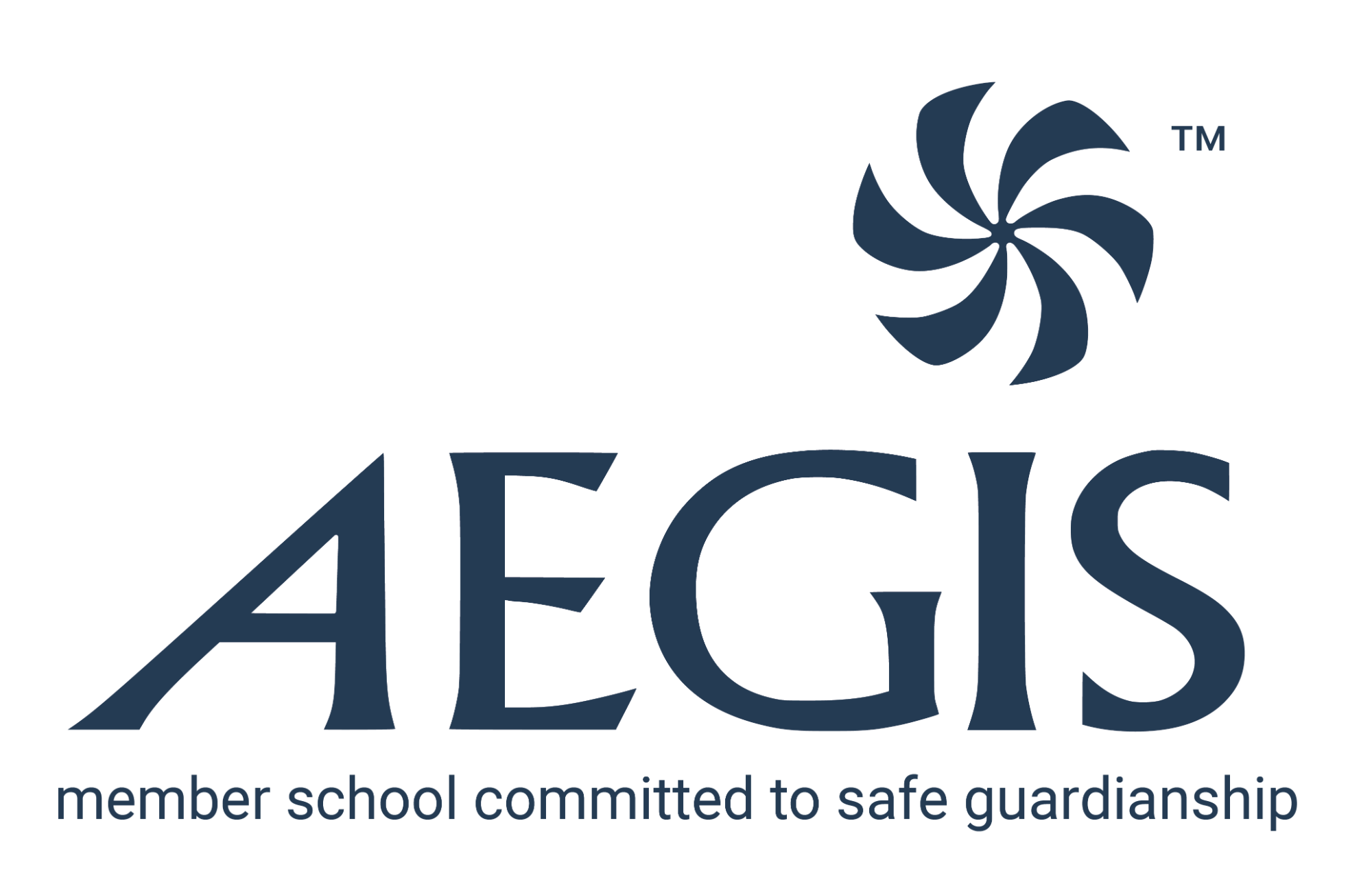After Adolescence: Why Boys Still Deserve Love, Respect, and Guidance

In the wake of the TV series Adolescence, a raw and often unflinching portrayal of teen boyhood in crisis, many viewers were left with heavy hearts — and a heavy question: What now?
The show, while fictional, cracked open a door to real conversations about the challenges boys face in a world that often doesn’t know what to do with them. It gave us glimpses of loneliness masked by bravado, violence rooted in pain, and sensitivity buried under the pressure to perform. It left us unsettled — not just because of what the boys did, but because of what they needed and didn’t get.
We’re living in an era where masculinity is under deep and sometimes harsh scrutiny. Much of this is long overdue. We’ve begun to dismantle destructive norms and hold space for those hurt by patriarchal systems. But amid this reckoning, another reality quietly lingers; boys themselves — especially in their formative years — are not inherently toxic or broken. They are human. They are learning. And they are worthy of love, respect, and guidance just as much as anyone else.
One of the quiet tragedies Adolescence captured so well was how easily boys can fall through the cracks when their pain is mistaken for rebellion or aggression. In school hallways, locker rooms, and bedrooms with closed doors, boys are navigating a complex emotional terrain with few maps. When they act out, shut down, or lash out, it’s often a cry for help, not a declaration of war.
Too often, society responds to boys with fear, control, or silence. We tell them to “be better” without telling them how. We point fingers at their failures without asking what they’ve been taught — or denied. This doesn’t excuse harmful behaviour, but it does ask us to pause and look deeper. What if we saw boys not just as threats to manage, but as humans to understand?
Boys need love — not the conditional kind based on success, toughness, or silence, but the kind that holds steady when they’re messy, lost, or overwhelmed. Real love helps boys build a core sense of worth that doesn’t hinge on dominance or performance. It gives them the foundation to explore who they are, not just who they’re told to be. For all boys, love is not a luxury – it's a lifeline.
In the post-Adolescence conversation, we can’t forget this: many boys are aching for a safe place to be vulnerable. To cry without shame. To ask for help without ridicule. To be seen not as future men to mould, but as present humans to support.
Respect isn’t about overlooking harmful behaviour. It’s about starting from the belief that boys are capable of growth. It’s choosing to correct without humiliating. It’s understanding that respect begets respect — when boys feel respected, they’re more likely to internalise and reflect that same value in their relationships.
In classrooms, homes, and cultural conversations, we need to model the kind of respect that challenges and uplifts. The kind that doesn’t coddle but also doesn’t crush. Every boy should know: you are not too much, too angry, too awkward, too loud to be respected.
What boys need most right now is not more shame — it’s direction. Mentorship. Patience. They need role models who show them that masculinity can be soft and strong, assertive and compassionate. They need people who don’t give up on them when they stumble, but who walk with them through the mess.
After Adolescence, we don’t need to fear boys — we need to reach them. We need to create spaces where they can unlearn what hurts them and discover what heals. Not just to make them “better men,” but to help them be whole people.
To advocate for boys today is not to ignore the harm some have caused. It is to recognise the harm many have endured — and the help they still need. Supporting boys is not a threat to gender equality; it’s a step toward it. Because when we raise boys with empathy and clarity, we help build a future where everyone is safer, stronger, and more connected.
Adolescence held up a mirror — now it’s up to us to respond. Not with fear. Not with blame. But with a deeper commitment to see boys not as problems to solve, but as people to guide. The world is watching how we treat our boys — let’s make sure it’s with the love, respect, and guidance they’ve always deserved.
Craig Cuyler
Designated Safeguarding Lead/Director of Wellbeing/Head of PSHEe









